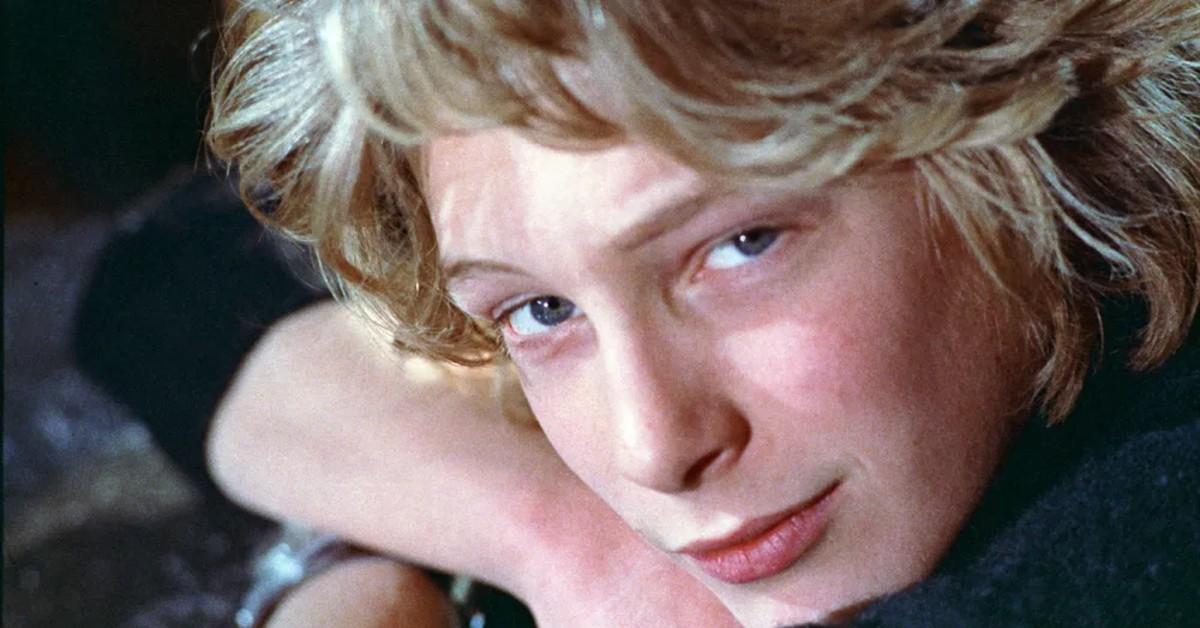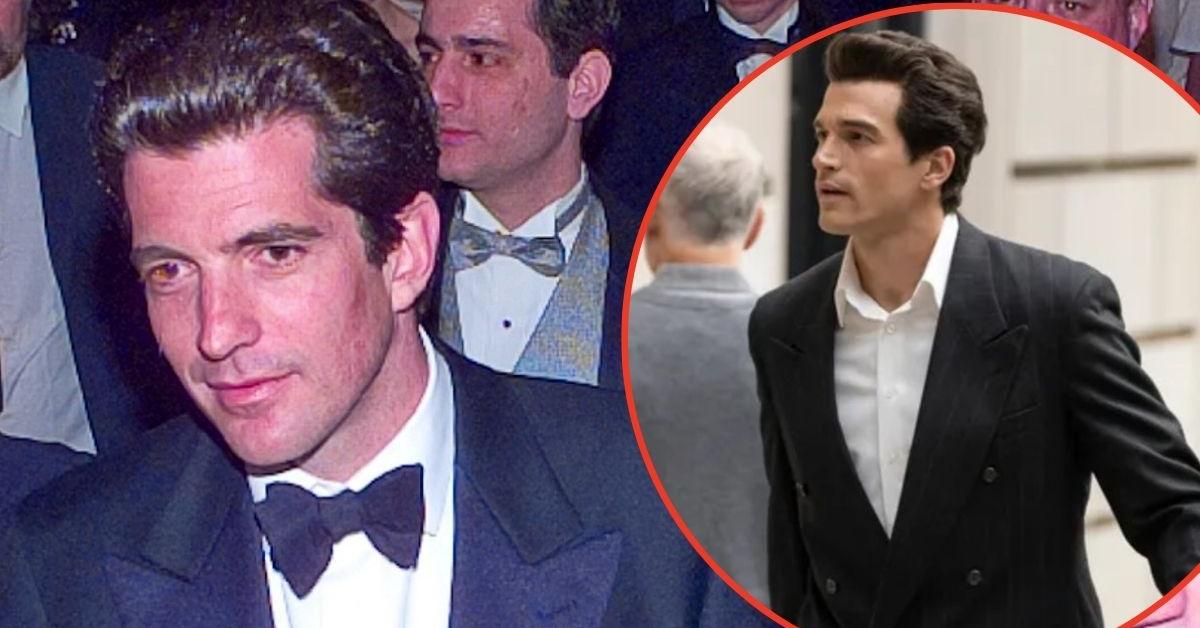Björn Andresen‘s death at 70 has reignited questions about the lifelong torment of the man once hailed as “the most beautiful boy in the world” – a title RadarOnline.com can reveal ruined his life and left him battling depression, alcoholism and objectification until the end.
The striking-looking Swedish star, who became an international sensation at just 16 after playing Tadzio in Luchino Visconti’s 1971 film Death in Venice, was found dead in Stockholm on October 25.
Fame at 16: From Dream Role to Living Nightmare
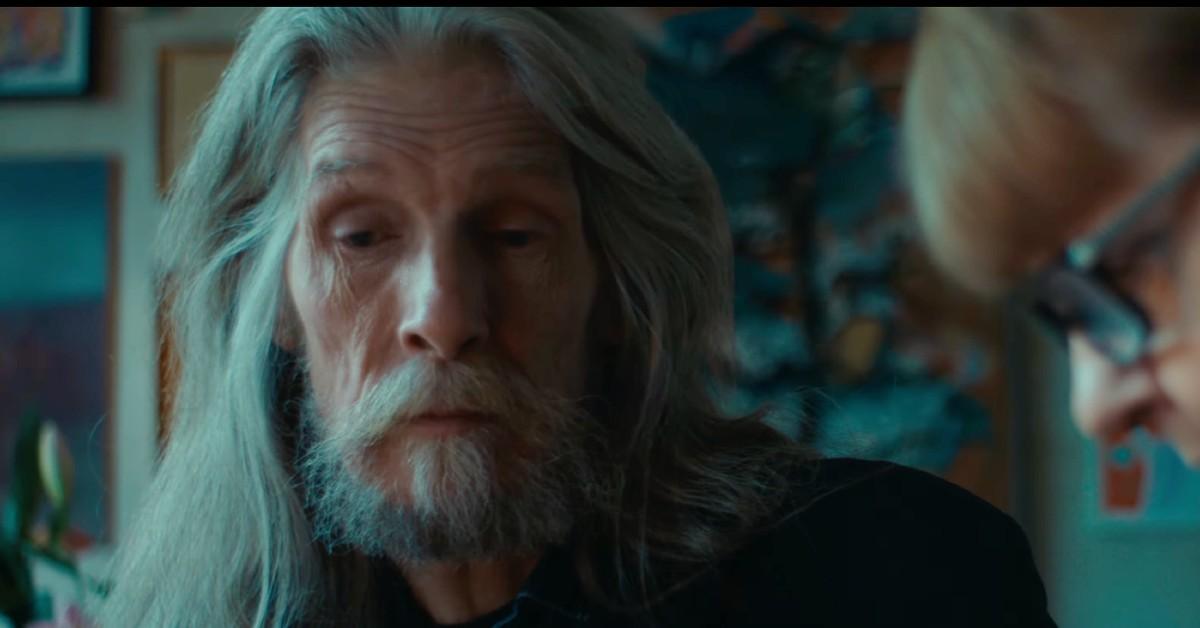
His ‘dream role’ eventually became a ‘nightmare.’
His cause of death remains undisclosed, but friends say he had been in poor health for years, worn down by drinking and emotional isolation.
What began as a dream role became – in his own words – “a living nightmare,” and that was only the tip of the iceberg when it came to the torments that haunted the actor.
A source said: “Bjorn was tortured until his death – not physically, but mentally. The fame, the image, the constant reminder of who the world wanted him to be – it broke him. He spent his whole life trying to escape that boy on the screen.”
Handpicked by Visconti to embody the ethereal Tadzio, Andresen’s angelic looks – blond curls, pale skin, and sculpted features – made him an instant global phenomenon.
But the director’s obsession with preserving that beauty led the filmmaker to forbid the tender-faced teen to tan, swim, or even play outdoors – and stripped the boy of any normal adolescence.
“He had an almost mystic beauty,” his co-star Dirk Bogarde later wrote, recalling how Visconti treated Andresen like an artifact rather than a boy.
Bogarde added in his memoir that Visconti never allowed him to “go into the sun, kick a football about, swim in the polluted sea or do anything which might have given him the smallest degree of pleasure.”
Icon Status and Objectification
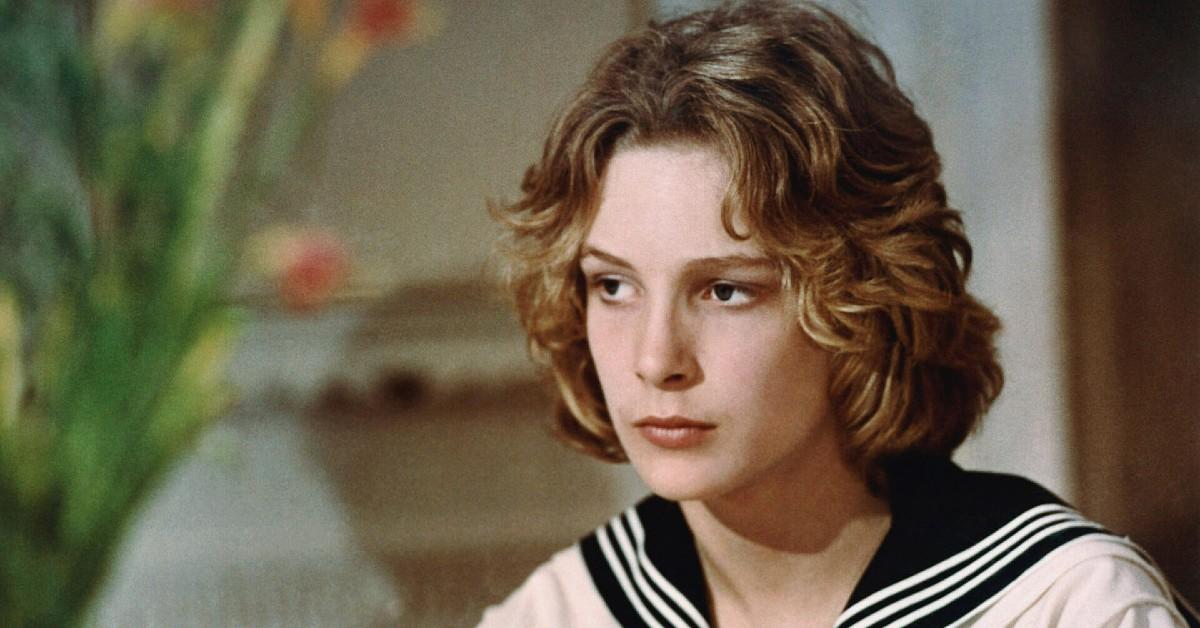
He endured strict rules to preserve his angelic appearance during filming.
The release of Death in Venice turned Andresen into a global icon.
At Cannes, Visconti dubbed him “the most beautiful boy in the world” – a phrase that followed the star for life.
He was mobbed by fans, photographed by European magazines, and whisked into a promotional whirlwind that left him disoriented and objectified.
“I was a sex object. Big game,” he said in the 2021 documentary The Most Beautiful Boy in the World.
A family friend said: “Björn was never prepared for that kind of attention. He was still a child, and suddenly men twice his age were staring at him like prey.”
Personal Tragedy and Struggles
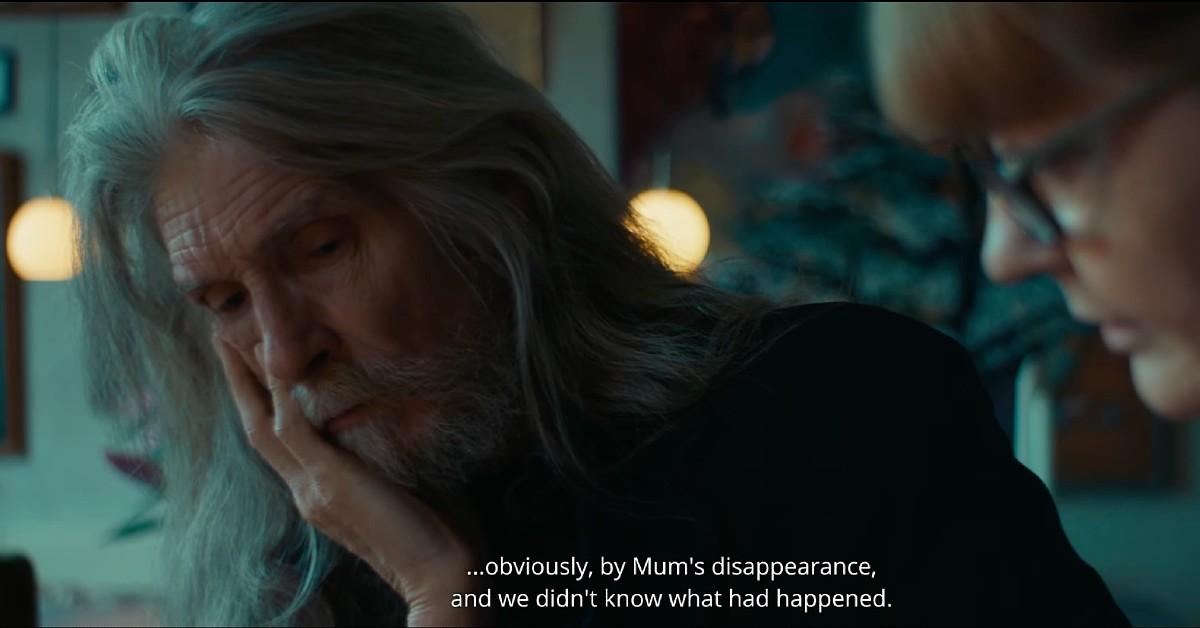
He mourned the loss of his infant son, which deepened his emotional struggles.
By his twenties, Andresen’s fame had faded but the damage lingered. He drifted through Europe, often dependent on wealthy older men who treated him as a possession.
“It was a living nightmare,” Andresen also once admitted, describing how he was paraded around parties in Paris and funded like a living ornament.
The attention and confusion over his sexuality drove him to drink heavily.
After his return to Sweden, he married poet Suzanna Roman in 1984. They had a daughter, Robine, and later a son, Elvin – whose sudden death at nine months old in 1987 shattered Andresen’s fragile recovery.
“It destroyed him,” a former friend said. “He blamed himself and fell into a pit of guilt and vodka. He couldn’t climb out.”
Although the baby’s death was ruled as sudden infant death syndrome, Andresen’s self-recrimination marked the start of years of depression and erratic behavior.
He became reclusive, often disappearing for weeks, drinking alone and cycling through low-paying acting jobs.
Later Years Dominated by Poverty and Bitterness
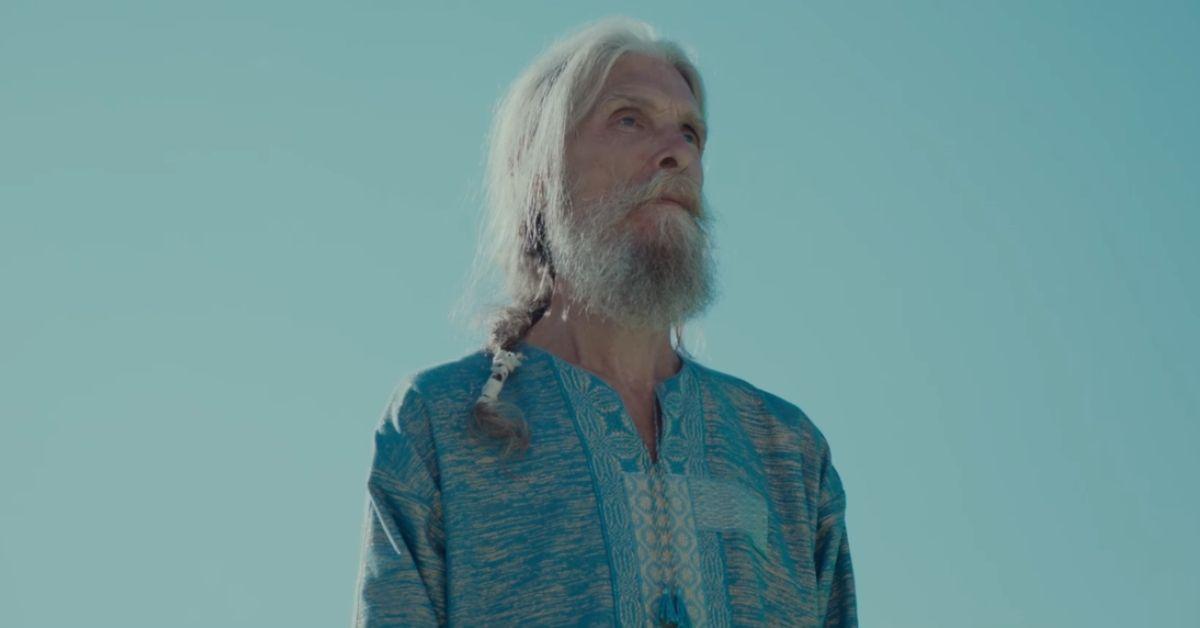
Andresen lived in relative isolation in Stockholm, haunted by his past fame.
Andresen resurfaced occasionally – notably in Midsommar in 2019 – but his later life was dominated by poverty and bitterness.
In one of his final interviews, he said: “My career is one of the few that started at the absolute top and then worked its way down. That was lonely.”
By 2021, Andresen was living alone in a small Stockholm flat, chain-smoking and leaving the stove burning for heat. Neighbors said they often heard him playing old jazz records late into the night.
“He lived in the past,” one said. “He could never escape that image of the ‘most beautiful boy in the world’ – or the pain that came with it.”

